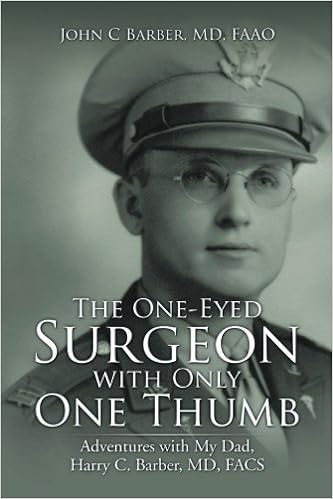- Joined
- Mar 23, 2018
- Messages
- 5
- Reaction score
- 1
Hey guys
I am a current MS1 at a US medical school and have had this question on my mind for a while. I am blind in one eye from birth and can see 20/15 in the other eye with correction. It has never held me back in the past, but I presume that might change in my 3rd and 4th year. I was wondering which medical specialties would I be precluded from practicing due to my condition, and which would I be able to practice in without a significant disadvantage?
I am a current MS1 at a US medical school and have had this question on my mind for a while. I am blind in one eye from birth and can see 20/15 in the other eye with correction. It has never held me back in the past, but I presume that might change in my 3rd and 4th year. I was wondering which medical specialties would I be precluded from practicing due to my condition, and which would I be able to practice in without a significant disadvantage?

